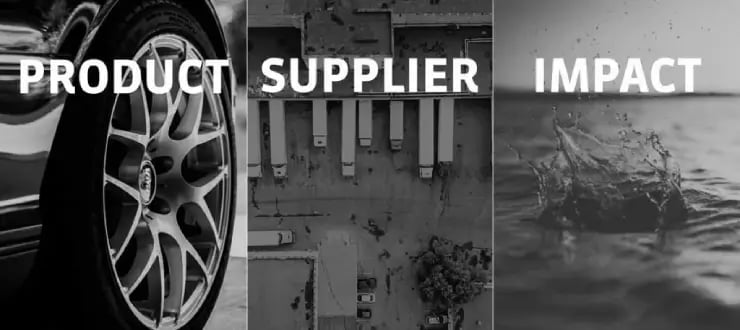It’s obvious that companies need transparency for good decision-making and any management of compliance, risk, governance, or sustainability topics.
But how can companies effectively govern and evolve their business?
.webp?width=487&height=274&name=Slide12-3%20(1).webp)
Business Transparency helps answer three fundamental questions:
- Do you know what’s in your product?
- Do you know your suppliers?
- Do you know your direct and indirect impact?
.webp?width=487&height=229&name=suite-three-questions-3%20(1).webp)
Answering these questions requires data collection, regulation analysis and KPIs. The results must be reported to the relevant authorities and used to further evolve the company by the implementation of corrective actions. By applying the CARE principle, companies can identify substances of concern, qualify and approve suppliers, and take control of their environmental, social, and economic impact.
C – collect the relevant data
A – analyze the relations and impact
R – report the right information to the permitted stakeholders
E – evolve the company to minimize risks and use opportunities
Most companies already use collect, analyze, report and evolve in different departments but separately from each other, because there’s no data exchange. In iPoint’s software solutions, the CARE principle forms the foundation.
Join our journey – Read more
-
- Why increasing market dynamics lead to complexity
- How digitalization and knowledge creates transparency for businesses
- How to answer the three fundamental questions and evolve your business
- Why we CARE
- Why we build the iPoint Suite






